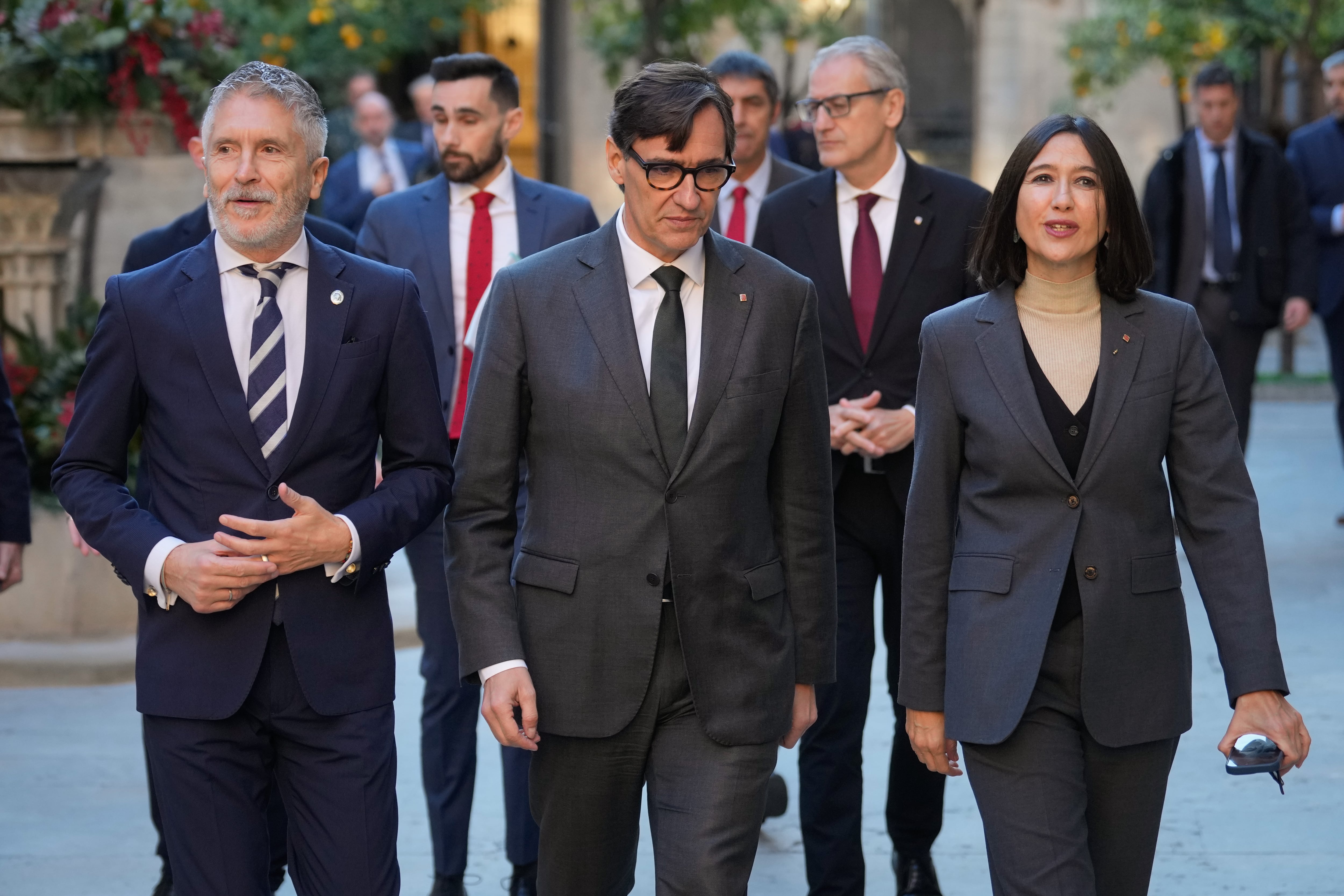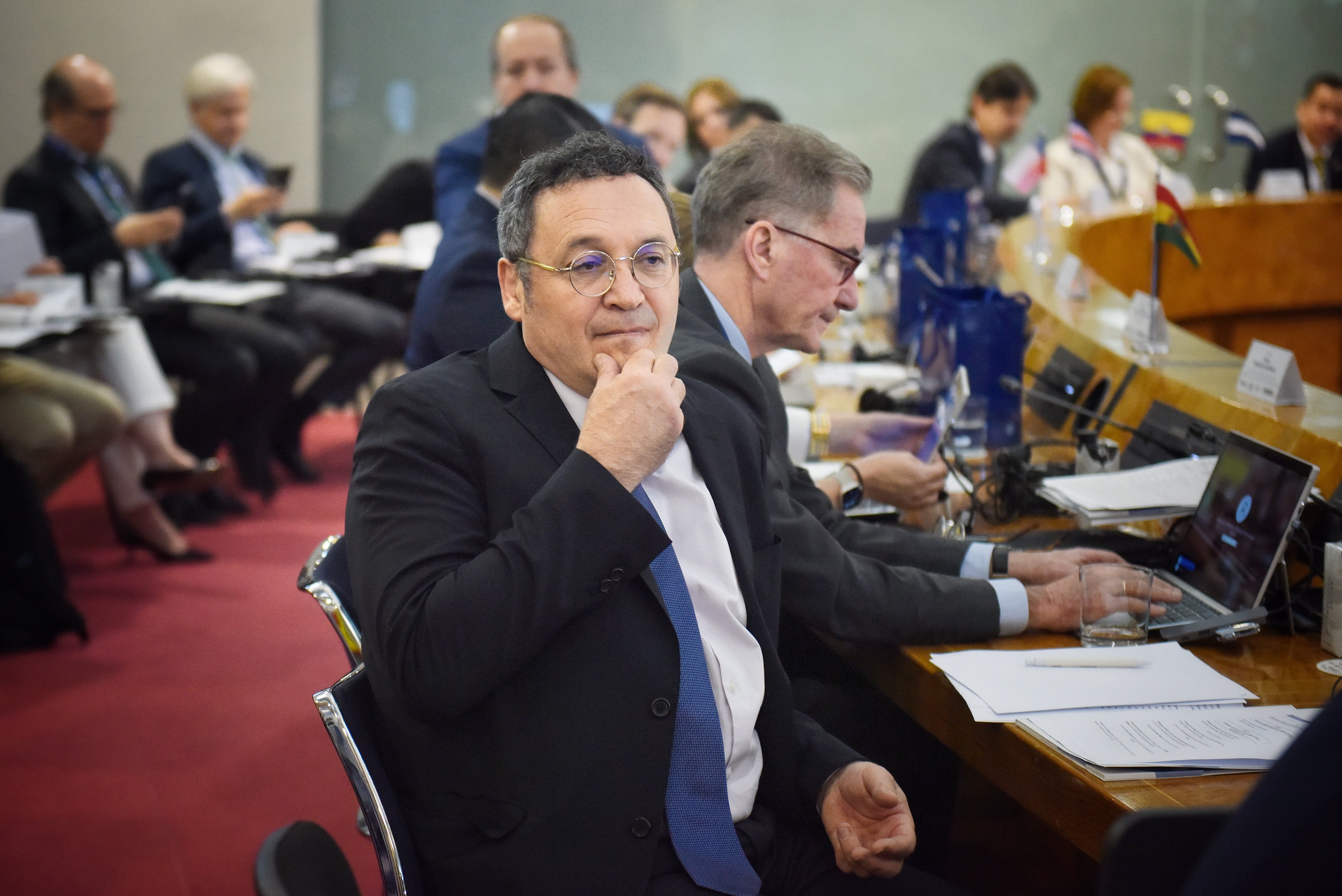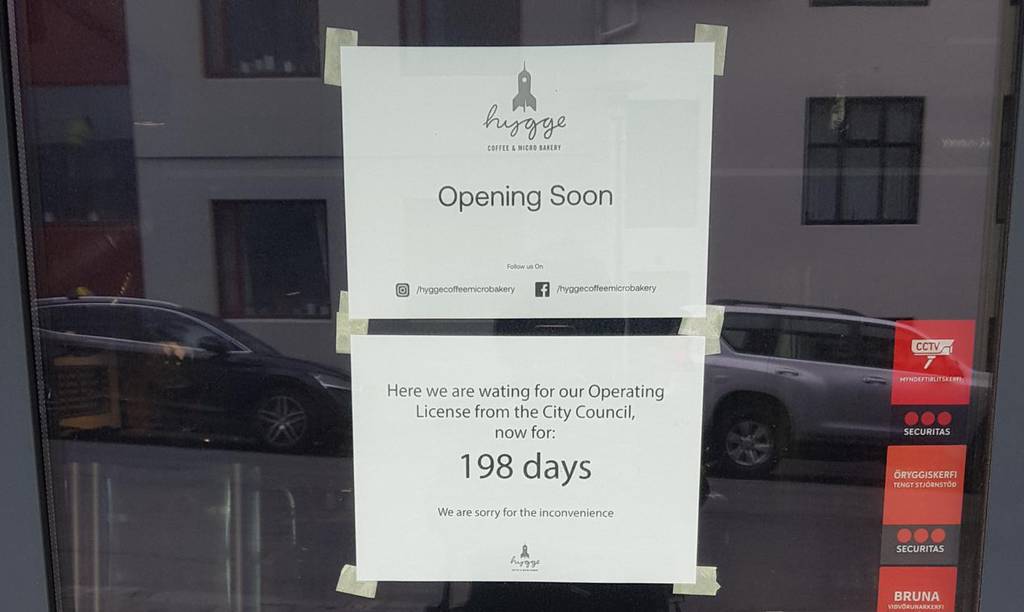The majority of police unions and associations of civil guards reject the pact to delegate migration competitions | Spain

« Bochorno y Espepento », « Mortal blow », « Independence delirium. » National Police unions and civil guards associations have risen the decibels against Interior Minister Fernando Grande-Marlaska, to show their Complete rejection of the agreement between PSOE and Junts to delegate migration competencies to Cataloniaand the vast majority have claimed to assume their responsibility as head of interior policies, residing. The majority of the representatives of the agents of these two bodies have questioned the legality of the agreement and have criticized the initiative for being the result of a political pact and not being framed in security policies. Their communiqués and statements affect the feeling of gradual dismantling that have the 6,000 National Police and Civil Guard agents who work in Catalonia and are questioned in what situation they will remain if the initiative, which still has to pending a parliamentary tour, if it comes into force. The Interior Ministry has not made valuations after the agreement is made public. Grande-Marlaska has suspended its agenda for two days due to a health problem, « a bacterial infection that is not serious, » according to interior sources, but forced him to suspend his public activity.
The Pact, which has neglected for more than a year and has been registered in Congress in the form of a law proposal, assumes that the State delegates in the Generalitat Border control for the return of immigrantsin addition to residence permits and the control of foreigners's detention centers. Faced with criticism, also from oppositionthe Minister of Inclusion, Social Security and Migrations, Elma Sáiz, has defended that the agreement is legal. « It applies with the Spanish Constitution in hand, » he said.
Police unions with greater representation, police justice (Jupol) and the Unified Police Union (SUP), have announced their intention to take it to court. « They are constitutionally armored competitions, very sensitive and strategic of any state, » said Jupol spokesman Ibón Domínguez. The union has assured that its legal services already study the situation to try to reverse this situation, in the event that it enters into force, since it is not yet known if it has all parliamentary supports. Last night, before the content was known, the formation showed its outrage at what they consider a « new frontal attack on the rule of law, a violation of the Constitution and one more step in the dismantling of the presence of the National Police in Catalonia. »
The SUP has insisted that it is a measure that violates the Constitution, in addition to the Law of Foreigners or European regulations in matters of security, foreigners and border control. « Population safety cannot be part of any exchange of political support, » said its spokesman, Nadia Pajarón, who has talked about a « road map designed by Junts with the indigenous and manifestly illegal government. » « The Spanish Constitution is clearly clear about the protection of our borders in its articles 149 and 150, and the executive himself would be violated, » he added. Article 149 includes the « exclusive competence » of the State on a series of matters, including « nationality, immigration, emigration, foreigners and asylum right », while 150, establishes the possibility of « transferring or delegating to the autonomous communities, by organic law, powers corresponding to state of state ownership that by their own nature are susceptible to transfer or delegation. »
The Spanish Police Confederation (CEP) has spoken of « deadly blow » for the tasks of the National Police in Catalonia, while Federal Police Union (UFP) has stressed that the situation can generate lack of control: « assigning the same competition to different police bodies is an operational nonsense that will only generate discordination and functional conflicts. » « Now, a parallel structure is imposed in Catalonia that will not do, but multiply errors and problems, » says UFP. This training has also raised doubts about who will end up solving the expulsion files, if the delegation of the Government or the Catalan Interior Department.
The main associations of the Civil Guard, the Professional Association of Civil Guard (Jucil) and Unified Association of Civil Guards (AUGC) consider that it will mean a dismantling of the police force in Catalonia. Jucil recalls that other agreements have already resorted to the courts, such as the transfer of the powers in nature protection, agreed last December at the Security Board of Catalonia, and that they consider null and that they will act accordingly with the immigration agreement.
AUGC has pointed to Minister Marlaska and the Minister of Defense, Margarita Robles, as « direct participants » of the situation. « In its position is to present the resignation immediately to try to stop this outrage to the powers of the State and to the dismantling of the Civil Guard, » they added. For Augc this assignment is a « very serious irresponsibility » and a « direct attack » to the role of the Civill Guard. « We show our total rejection of this agreement, which does not respond to criteria of efficiency or improvement of the service, but to a new exchange of political favors that only benefit those who have been working for years to weaken the presence of the State in Catalonia, » they have remarked.
The National Police and Civil Guards platform – which encompasses the SUP, UFP National Police Unions and Professional Police Union (SPP) and nine civil guard associations, including AUGC – has called to agree on any measure as agreed by PSOE and Junts. « European legislation clearly establishes that the management of foreigners and the protection of common borders is the competence of state security forces, guaranteeing uniform control in all member countries, » they have highlighted in a statement, in which they have announced protests. « Any measure that can alter this balance must be evaluated rigorously, considering its impact on security and the community legal framework, » they add.







